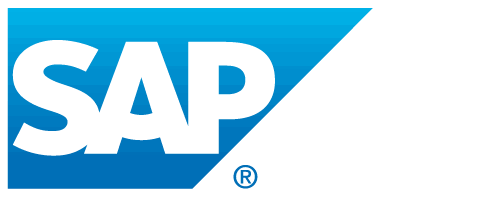Contrasting businesses that adapted business models overnight to cope with challenges of the pandemic, there’s a long list of retailers who never really adapted to an online model and reviewed the physical stores (Debenhams, Monsoon, Peacocks, EWM Group etc). The common failure here is the lack of resilience and lack of vision to adapt to changing customer behaviours.
Creating a culture of resilience:
Risky business: now is the time to make risk management part of company culture
How to use setbacks as a springboard to success
The failure of employee resilience is more often seen in slow adaptability which leads to increased costs and missed opportunities. What leaders should be thinking of is some of the basics forming the culture within their business.
You can start your own review of employee resilience by considering the following questions:
- Do we provide constant feedback for employees to help them continually grow?
- How do we keep employees informed of changes within the business and the industry?
- Do we focus enough on why their input matters to achieving wider business goals?
- How do we remain aware of how employees are feeling and how do you know when to step in?
- What training and coaching do we have in place to support the growth of employee resilience?
- How does our culture support leaders to drive change and lead by example?
- Do we place trust in our people to make discussions and suggest changes without fear and retribution?
- Do we proactively encourage employees to voice concerns, improvements and better ways of working?
HR leaders have an opportunity to start the planning for the next challenge by creating a post-COVID workplace that includes employee resilience at its heart and not as a reactionary afterthought.
A great starting point is to identify people across the business that naturally demonstrate employee resilience and understand how it helps them make a difference within your business.
Empower them to make changes, encourage them to communicate and set-up forums – online or physical, where colleagues can safely discuss issues and feel that their voice matters. Then make sure you celebrate their success and include their approaches within your company wide communication and training courses.
COVID-19 changed how we worked in 2020 and it will change the way we work in the future. It’s safe to say it won’t be the last challenge to test our business resolve though.
Once we’re through the worst of this calamitous period how are you going to ensure your people are best prepared and equipped to support your business when you need them most?
Andy Davies is HR expert and Nick Dean, employee engagement expert at MHR









